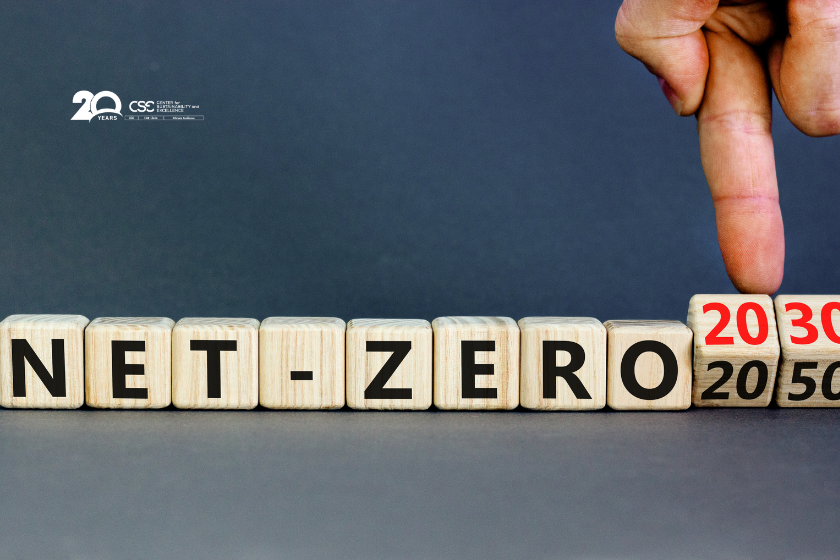In February 2025, HSBC made headlines by delaying its net-zero emissions target by a staggering 20 years. The bank, once considered a front-runner in climate finance, has pushed its commitment to 2070 — drawing widespread criticism from environmentalists, investors, and policymakers alike. As reported by The Guardian, the move coincides with CEO Noel Quinn’s significant bonus payout, fueling skepticism about the bank’s true sustainability intentions.
For ESG professionals and sustainability consultants, this delay is more than a headline — it’s a wake-up call. It underscores the volatility of corporate sustainability commitments and the urgent need for strategic ESG expertise within organizations.
Why Did HSBC Delay Its Net-Zero Target?
HSBC cited “practical challenges in global decarbonization pathways” and the economic reliance on fossil fuels in certain markets. However, critics argue that the decision reflects profit-driven priorities over genuine environmental responsibility.
The bank initially committed to net-zero financed emissions by 2050, aligning with the Paris Agreement. The extension to 2070 effectively distances current leadership from accountability, pushing the burden onto future executives — and future generations.
The Ripple Effect Across Financial Institutions
HSBC’s delay may embolden other financial institutions to relax or revise their sustainability targets. This is particularly concerning as banks hold significant power in financing green technologies and carbon-intensive industries alike.
For ESG professionals, this trend poses a dual challenge:
-
Ensuring Accountability: ESG practitioners must help clients and employers develop transparent, science-based targets that withstand public and investor scrutiny.
-
Enhancing Resilience: Professionals must guide organizations in embedding sustainability into governance structures, ensuring that ESG goals survive leadership changes and market pressures.
Opportunities for ESG Professionals
This situation highlights the growing need for skilled ESG practitioners capable of:
-
Evaluating the credibility of corporate net-zero claims
-
Designing robust ESG strategies aligned with international standards (like GRI, TCFD, and ISSB)
-
Advising on stakeholder engagement to manage reputational risks
Organizations that proactively train their teams in ESG standards will be better equipped to adapt to shifting sustainability landscapes.
Recommended Training: Certified Sustainability (ESG) Practitioner Program
Professionals looking to strengthen their ESG competencies should consider enrolling in CSE’s Certified Sustainability (ESG) Practitioner Program, Canada-focused cohort. This program equips participants with the latest tools, frameworks, and case studies to lead sustainability efforts effectively.
➡️ Learn more about the program here.
Corporate Sustainability Is Still a Priority — But Vigilance Is Key
Despite HSBC’s setback, global momentum around ESG remains strong. Regulatory frameworks are tightening, investors are demanding transparency, and climate risks are escalating. ESG professionals must remain vigilant, ensuring that sustainability commitments translate into tangible action — not just rhetoric.
HSBC’s decision serves as a cautionary tale: without expert ESG leadership, corporate promises can easily falter. Strengthening your ESG expertise is not just a career advantage — it’s a necessity for driving genuine corporate sustainability.







